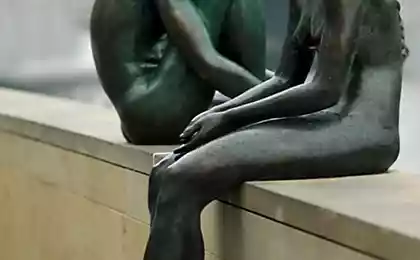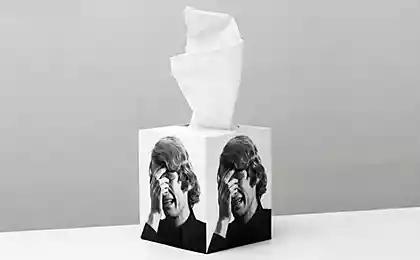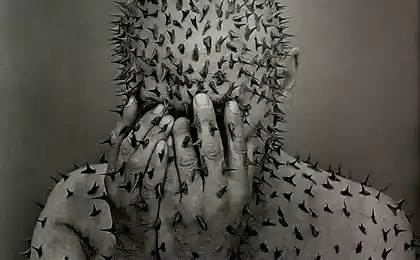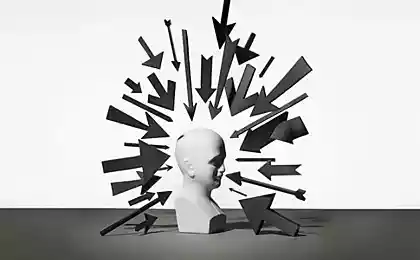163
Anger at yourself

What a strange concept, shame. How many times I heard this word as a child, it is frightening to think. At school, for example, a little something happened, and immediately: “Aren’t you ashamed?” Or in the affirmative: “You should be ashamed...” Or even, “Shame, this is not how you behave.” For some reason, I was not ashamed at all. What was the shame of it, if you looked at it? Well, I forgot my gym uniform for gym class. Or replaceable shoes. Well, there, I didn't learn a rhyme, I didn't get my hair cut in time, I was running down the halls at recess with friends. This is, in fact, the whole “crime.” But the teachers, apparently, quite sincerely believed that there was something to be ashamed of. And they persistently appealed to my sense of shame, grievously clenching their lips and making stern eyes. Naive were people, she was right. As if a sense of shame can be awakened in a person with stereotyped phrases, and even said casually, in between! Recently I was in the mall waiting for the elevator to the fourth floor. Nearby is a corpulent lady in a raspberry coat, and a black hat with wide margins. Waiting, too. Elevator's here. I calmly enter the open door, stand up to the wall and wait for my companion to come in. Well, to close the doors. And then she said to me indignantly: “Shame on you, man!” You could have missed the woman first. I'm not ashamed again, it's all here. I know for sure that even by the standards of etiquette, a man must enter the elevator first and leave last. Because the elevator is a high-risk area. In short, I knew then that I had done everything right. And she, the poor lad, stands beside me, and looks at me like that. Waiting for an answer. What's there to do? Give her a lecture on etiquette? To explain that she was offended in vain, and there is absolutely nothing to be ashamed of here? In general, I mumbled my “sorry”, and went out on the next floor, so as not to outrage her with my presence.
What exactly is this shame? Of all the definitions I know, I liked the two most. These are the words of Archimandrite Plato (Igumnov), who defined shame as “the fear of losing respect in the eyes of those before whom a person has dropped his dignity.” And the phrase of Fyodor Mikhailovich Dostoevsky, who believed that “shame is anger at oneself.”
Both, in my opinion, are true. But there is one important clarification, without which these definitions are difficult to bring together. Dostoevsky talks about the inner experience of shame, about its psychological component. Father Plato on the external causes of this experience. There is also such a thing as false shame. Different groups of people will have different criteria. For nudists, for example, a false shame will be the unwillingness of a person to be naked in a crowded place. For an Orthodox Christian, it is a shame to confess his sins before a priest.
How can you tell where shame is true and where it is false? I think there is only one sure way for a Christian: to be afraid to drop oneself before God, not before people. Because there are a lot of people, and their notions of due are very different. God is one. And He sees everyone. Here you will no longer hide and deceive yourself with highly wise explanations of your own abomination. Perhaps the true shame is the fear of God, and anger at oneself for sin.
Author: Alexander Tkachenko
Source: foma.ru/gnev-na-samogo-sebya.html























